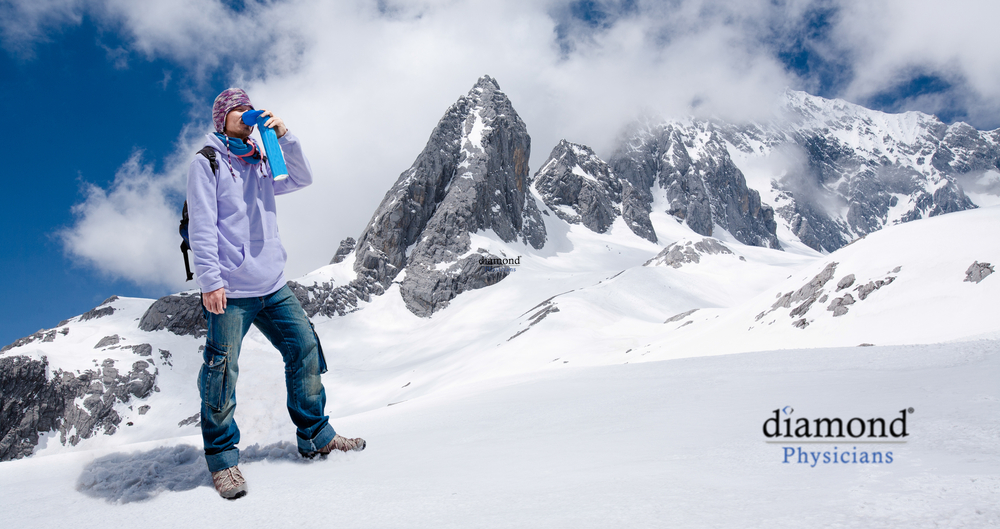Many people will be enjoying the tail end of ski season, and if you are heading to the trails at high altitudes, you may be at risk for acute altitude sickness. There are other conditions that you may or may not be aware of, like high altitude cerebral edema and high altitude pulmonary edema. While these are not common conditions, they are very serious and can ultimately lead to death.
Basic Symptoms Of Altitude Sickness
The mildest form of altitude sickness is acute mountain sickness. This can happen at elevations of above 8,000 feet (areas of the Rocky Mountain National Park range between 7,000 to 12,000 feet). It is very hard to predict if someone will get acute mountain sickness. You can experience symptoms of a headache, nausea, fatigue and even trouble sleeping. Altitude Sickness can feel like a hangover with symptoms that can range between very mild to rather severe and can possibly progress to something more serious very quickly, especially if you continue to ascend.
Dangers Of Altitude Sickness
High altitude cerebral edema is usually preceded with altitude sickness within the first 48 hours of being at high altitude. Fluid and pressure build up on the brain and cause confusion, clumsiness and even changes in personality. It can lead to eventual loss of consciousness.
High Altitude pulmonary edema is when you develop fluid on the lungs, causing severe shortness of breath, even at rest. A cough with white or pink frothy sputum can also develop. It can only take a few hours of this condition to become life threatening. Even physically fit people are at risk.
With any of these conditions, ascending too quickly can increase your chances. Allow sufficient time for your body to acclimatize to decreased levels of oxygen at higher altitudes. Sometimes it is necessary to rest for 1-2 days at a certain altitude to let your body adjust. You need to descend immediately when symptoms develop. Sometimes supplemental oxygen can help, medications like acetazolamide and dexamethasone can help temporarily, but remember, the most important thing to do is descend.
About Diamond Physicians
Diamond Physicians is a concierge medical practice in the Dallas Fort Worth area, with costs equal to a cup of coffee per day! If you have questions or concerns about your next trip, it may be best to contact your primary physician.
